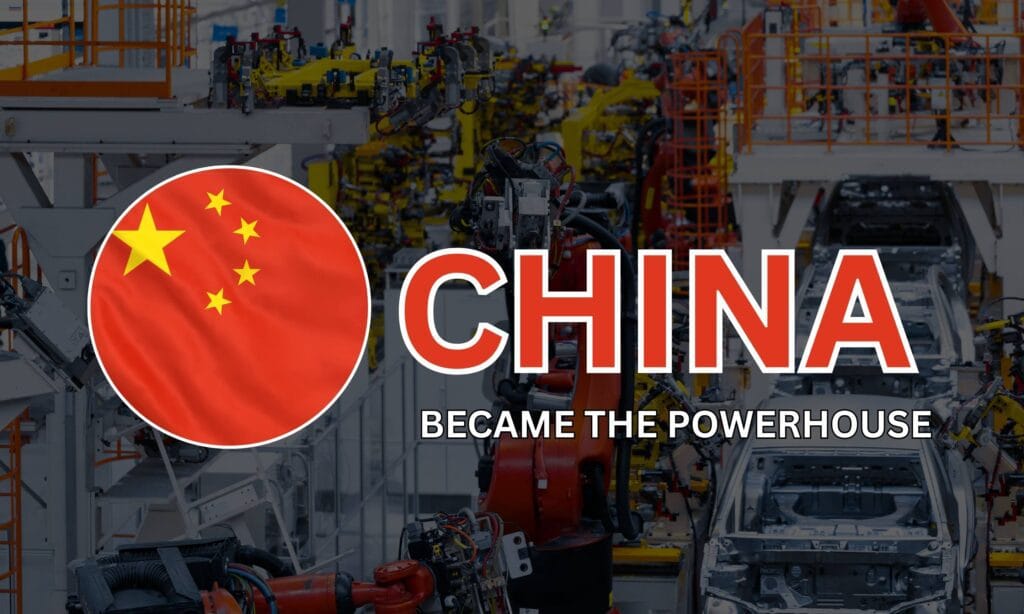President Donald Trump’s proposal to impose a 25% tariffs on imports from Canada and Mexico has caused major concerns in the automotive industry. Automakers, suppliers, and industry experts worry that these tariffs will lead to higher production costs, increased car prices, and major disruptions in the supply chain.
Although the tariffs have been paused for 30 days, uncertainty remains over what will happen next. Companies like Ford, General Motors (GM), and Nissan rely on smooth trade between North American countries to produce vehicles efficiently. If these tariffs take effect, the industry could face significant financial challenges and long-term changes in manufacturing strategies.
How the Tariffs Could Affect Automakers
The North American automotive industry is deeply interconnected, with parts and vehicles moving across borders multiple times during production. Ford and GM are among the companies most impacted by these proposed tariffs.
Ford CEO Jim Farley has warned that these tariffs would be “devastating” for U.S. automakers. He stated that if tariffs remain in place for an extended period, Ford’s profits could be wiped out, and vehicle prices would rise. He also expressed concerns that European and Asian car manufacturers could benefit, as U.S. cars become more expensive due to higher production costs.
GM, the largest U.S. automaker, produces many vehicles in Mexico, including the popular Chevrolet Equinox and Blazer SUVs. Reports estimate that GM will manufacture over 842,000 vehicles in Mexico in 2024. A 25% tariff could force the company to increase car prices or shift production to other locations.
Rising Costs and Higher Car Prices
One of the biggest concerns for consumers is the potential rise in car prices. Experts estimate that if the tariffs are implemented:
- The price of a car imported from Mexico or Canada could increase by $6,250.
- The average price of U.S. vehicles could rise by 6%, adding around $2,700 per car for consumers.
- The auto industry could lose up to $110 million per day due to increased costs.
These price hikes could reduce consumer demand, slowing down car sales and affecting the overall economy.
Impact on the Supply Chain
The North American auto industry depends on a well-integrated supply chain. Many parts, such as crankshafts, engines, and transmissions, cross borders multiple times before the final vehicle is assembled. A 25% tariff would increase costs for every stage of this process, causing production delays and financial strain on automakers.
According to industry reports:
- Nissan gets 27% of its U.S. sales from Mexico, GM sources 22%, and Volkswagen over 40%.
- If tariffs take effect, these automakers will struggle to maintain current production levels without raising prices.
- Automakers may be forced to relocate manufacturing plants or find alternative suppliers, disrupting the industry.
Possible Shifts in Manufacturing
To avoid high tariffs, automakers might move production to the U.S., but this is not a simple solution. Building new factories requires time, investment, and resources. Ford’s CEO mentioned that the company might have to make major strategic changes, including shifting some production back to the U.S. However, experts believe this would not happen overnight.
While Trump argues that tariffs will bring more jobs to the U.S., many economists disagree, saying the costs will likely be passed on to consumers instead. Higher production costs could also force automakers to cut jobs rather than create new ones.
What’s Next for the Industry?
The automotive sector remains uncertain as it waits for further updates on the tariff situation. While the tariffs are paused for now, the threat of their implementation still exists.
Automakers, trade groups, and policymakers are urging the government to find a long-term solution that ensures stability in the industry. The North American supply chain has taken decades to develop, and sudden disruptions could have serious economic consequences.
For now, the industry is preparing for potential challenges, while hoping for a resolution that keeps trade flowing smoothly between Canada, Mexico, and the U.S.
Stay Ahead of the Automotive Industry Changes
With tariffs threatening to increase car prices and disrupt the supply chain, it’s more important than ever to stay informed. At My Car Wisdom, we bring you the latest updates, expert insights, and practical advice to help you make smart car-buying decisions.
🚗 Will car prices rise?
⚙️ How will tariffs impact vehicle availability?
📢 What should buyers and car owners do next?
Don’t get caught off guard—follow My Car Wisdom today for reliable, up-to-date automotive news and tips!
👉 Visit MyCarWisdom & Follow Us on Social Media!
Raja Yadav, the content writer at My Car Wisdom, brings a unique voice and style to our blog. With a knack for storytelling and a keen eye for detail, Raja ensures that every piece of content is informative, engaging, and easy to understand. His focus is on delivering high-quality articles that cater to both novice car owners and seasoned automotive enthusiasts.




